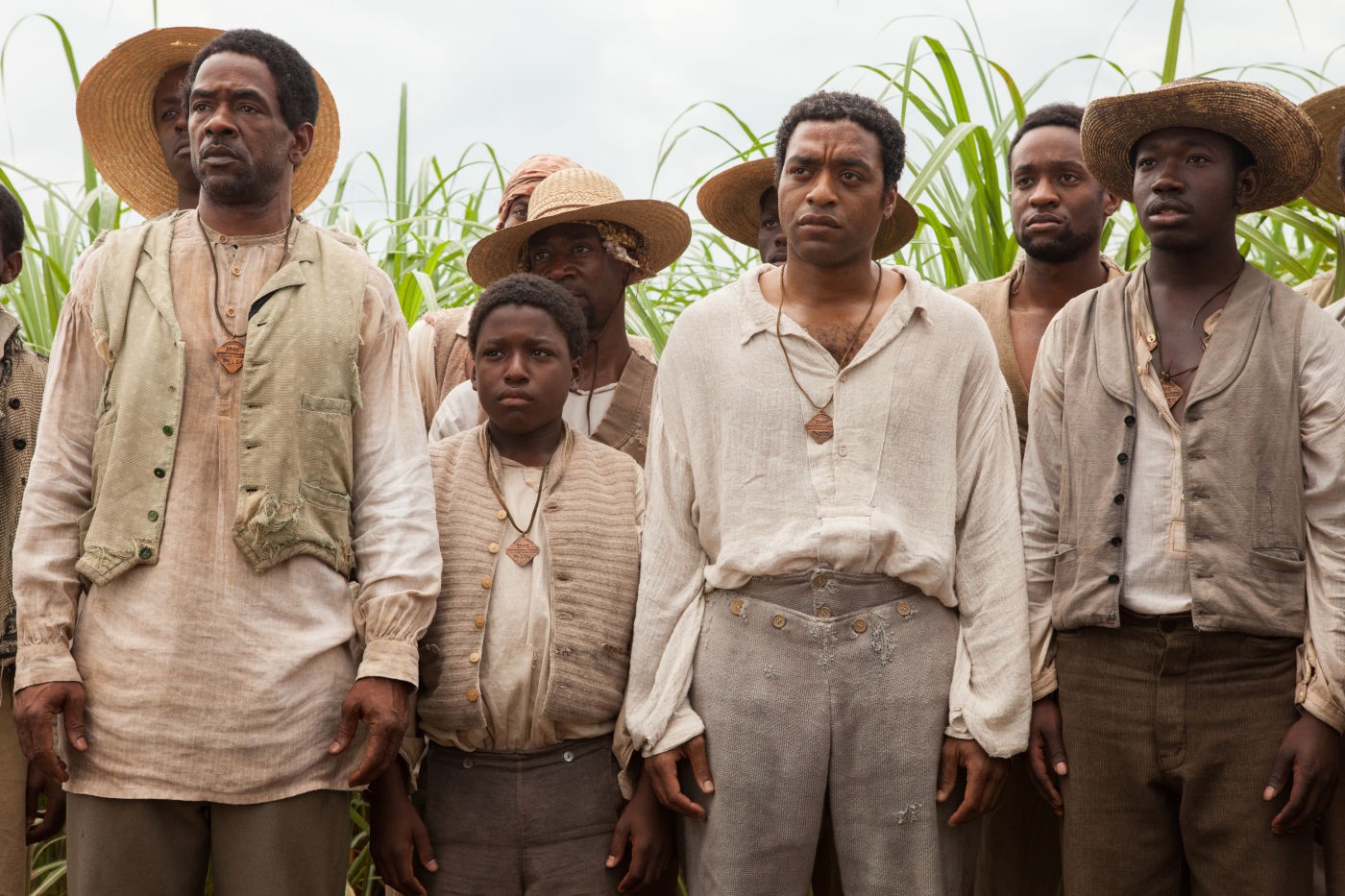1.
“The Logic of Stupid Poor People.” On her blog, TressieMC goes to town on some commonly held attitudes about poverty, race and “passing.”
“Why do poor people make stupid, illogical decisions to buy status symbols? For the same reason all but only the most wealthy buy status symbols, I suppose. We want to belong. And, not just for the psychic rewards, but belonging to one group at the right time can mean the difference between unemployment and employment, a good job as opposed to a bad job, housing or a shelter, and so on. Someone mentioned on twitter that poor people can be presentable with affordable options from Kmart. But the issue is not about being presentable. Presentable is the bare minimum of social civility. It means being clean, not smelling, wearing shirts and shoes for service and the like. Presentable as a sufficient condition for gainful, dignified work or successful social interactions is a privilege. It’s the aging white hippie who can cut the ponytail of his youthful rebellion and walk into senior management while aging black panthers can never completely outrun the effects of stigmatization against which they were courting a revolution. Presentable is relative and, like life, it ain’t fair.”
2.

In ‘Boondock Saints,’ the Men Shoot Gangsters, and the Women Don’t Exist.” For Bitch Flicks, Deborah Pless revisits a movie she loved when she was 16 and, to her dismay, finds it retrogressive. Once again, you can’t go home again.
“In the entire movie. It would seem that in the world of Boondock Saints, women are not just irrelevant to the narrative, but also virtually invisible. They just don’t seem to exist. I suppose it makes sense, given that the film is a white, male power fantasy. Connor and Murphy are the ultimate slacker heroes, the guys we’re supposed to want to be. They have no formal education, but somehow happen to know about six languages fluently. They seem perfectly content living on the fringes of society, because tough guys don’t need furniture or shower curtains or functioning plumbing, I guess. They’re religious, but in the cool way. They don’t have to learn how to use guns, or find out where to buy weaponry, or even struggle as they assume their mission. They just effortlessly seem to know what they need to do and then do it. No fuss, no muss. Without a second of training they are the two most proficient hit men ever to grace the streets of Boston. It’s a fantasy, and you can see why it would be intoxicating. They’re good at what they do. They’re cool. What they do is unassailably (within the context of the movie universe) right. They get to shoot people and have fun and laugh with their friends, and it’s fine because it’s all justified by God. They don’t kill women or children, so it must be okay, right? Well, no.”
3.
“They Think, Therefore We Watch: Zizek and Chomsky on Film.” For Sundance Now, Anthony Kaufman considers two recent documentaries from two of our most progressive big thinkers. Heady stuff. (Consider that a Halloween pun.)
“Zizek often couches his theoretical discourse within recognizable mainstream entertainments, excitedly providing the audience with digestible hooks. For instance, he uses The Sound of Music’s ‘Climb Every Mountain’ musical number as an expression of not so latent hedonistic desire or that “forgotten masterpiece of the Hollywood Left,” John Carpenter’s They Live, starring Rowdy Roddy Piper, as an Ur-expression of how ideology works.Continuing a stylistic gimmick from The Pervert’s Guide to Cinema, Fiennes positions Zizek within sets meant to replicate the films he’s talking about. For instance, when discussing They Live, he stands in a back alley next to a dumpster, which resembles the location where Roddy Piper battles a friend in a pivotal scene in the film. These sets provide a visual bridge between the movie clips and Zizek’s argument, but they also playfully literalize the way a subject may exist within ideological frameworks. Zizek’s riffs on commodities like Coke and Starbucks are also as funny as they are illuminating. ‘Coke Is It!’ becomes an ongoing meditation on the elusive and never quenchable “It” of capitalist desire—with the cruel irony that the more you drink it, the more you get thirsty. The film also includes shrewd linkages between Steven Spielberg’s Jaws and Nazi-era concepts of Jews—in which society’s greatest and myriad fears are projected onto a single object—and a terrific deconstruction of James Cameron’s Titanic, in which the film becomes less about eternal romance than the upper-class’s exploitation of the working-class.”
4.
“Slavery, a Film narrative and the Empty Myth of Original Intent.” On his blog, “The Wire” creator David Simon has high praise for “12 Years a Slave” and some thoughts about who doesn’t.
“Everyone who had anything to do with this film getting made — from the producers, to director Steve McQueen, and the committed, talented cast — should sleep tonight and every night knowing that for once, the escapism, bluster and simple provocation that marks a good 95 percent of our film output has been somehow flanked, and subversively so. These people have told a hideous and essential story about our nation’s great and longstanding sin with such calm and clarity that if we accept the film on its actual terms, rather than through the cluttered prism of our own racial and political sensibilities, only two kinds of folk will emerge from theaters. The first will be at last awakened to the actual and grevious horror in which the black experience in America begins. Efforts to achieve this in the past — The “Roots” miniseries on television, or a few halting and veiled attempts in feature films to imply the desperation of terrorized human chattel — came down the road a piece, but none dared the entire emotional journey. For ordinary Americans willing to confront our history without equivocation and vague allusion, this film will prove a humanizing and liberating journey. This much truth can grow an honest soul. And for those still desperate to mitigate our national reality at every possible cost, this film will be an affront. It is not intelligently assailable by anyone, though the racial divide and resentment that still occupies our national character a century and a half after abolition will prompt certain creatures to pull at threads, hoping against hope. Mostly, those who want to pretend to another American history will just avoid the film or the discussion that ensues.”
5.
“Study Theology, Even If You Don’t Believe in God.” For The Atlantic, Tara Isabella Burton argues that a grasp of religion past and present is required to really understand history.
“To study theology well requires not faith, but empathy. If history and comparative religion alike offer us perspective on world events from the “outside,” the study of theology offers us a chance to study those same events “from within”: an opportunity to get inside the heads of those whose beliefs and choices shaped so much of our history, and who—in the world outside the ivory tower—still shape plenty of the world today. That such avenues of inquiry have virtually vanished from many of the institutions where they were once best explored is hardly a triumph of progress or of secularism. Instead, the absence of theology in our universities is an unfortunate example of blindness—willful or no—to the fact that engagement with the past requires more than mere objective or comparative analysis. It requires a willingness to look outside our own perspectives in order engage with the great questions—and questioners—of history on their own terms.”
IMAGE OF THE DAY

Halloween used to be even scarier.
VIDEO OF THE DAY
The greatest Halloween song of all time: “Werewolf Bar Mitzvah.”















